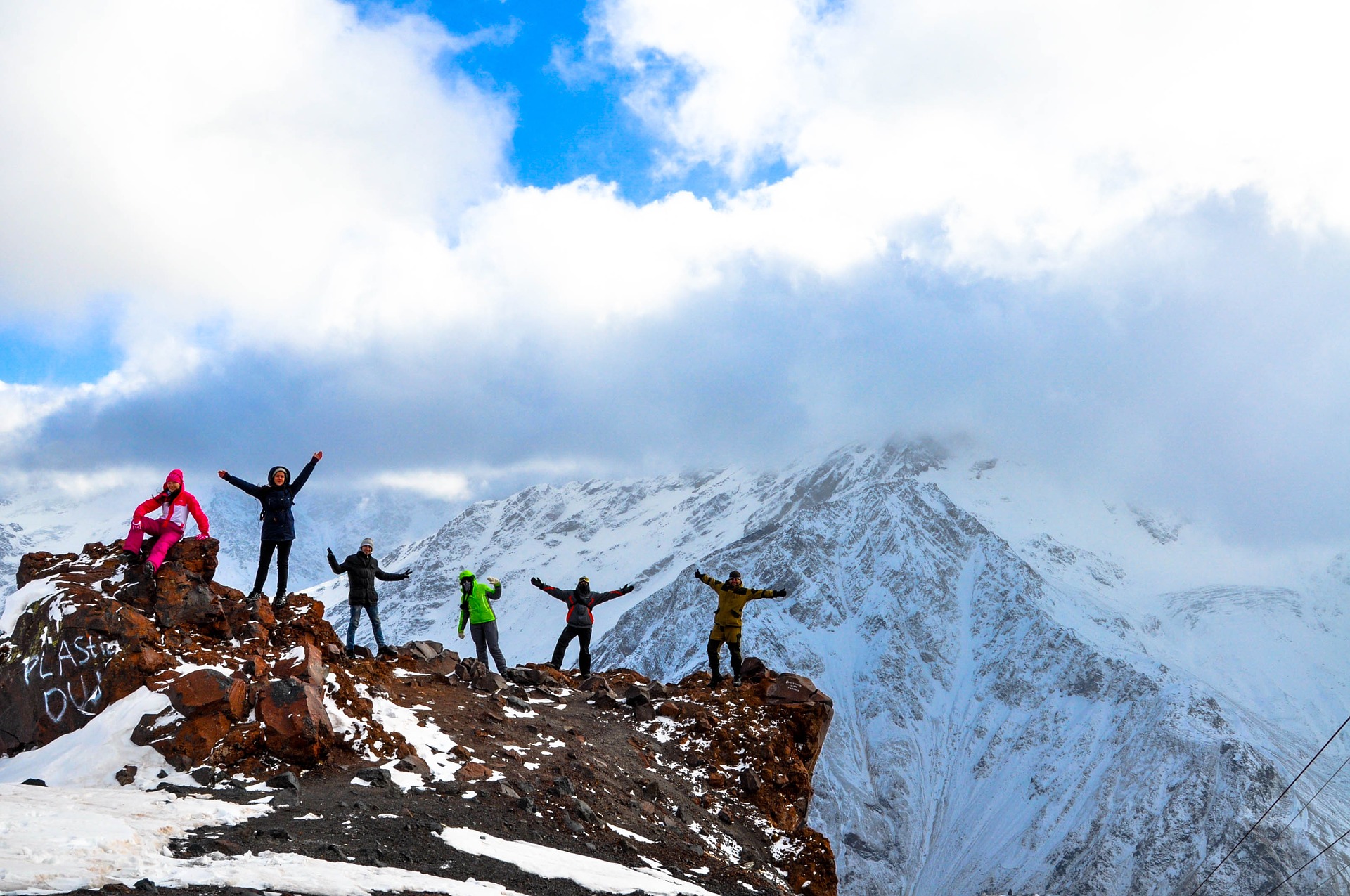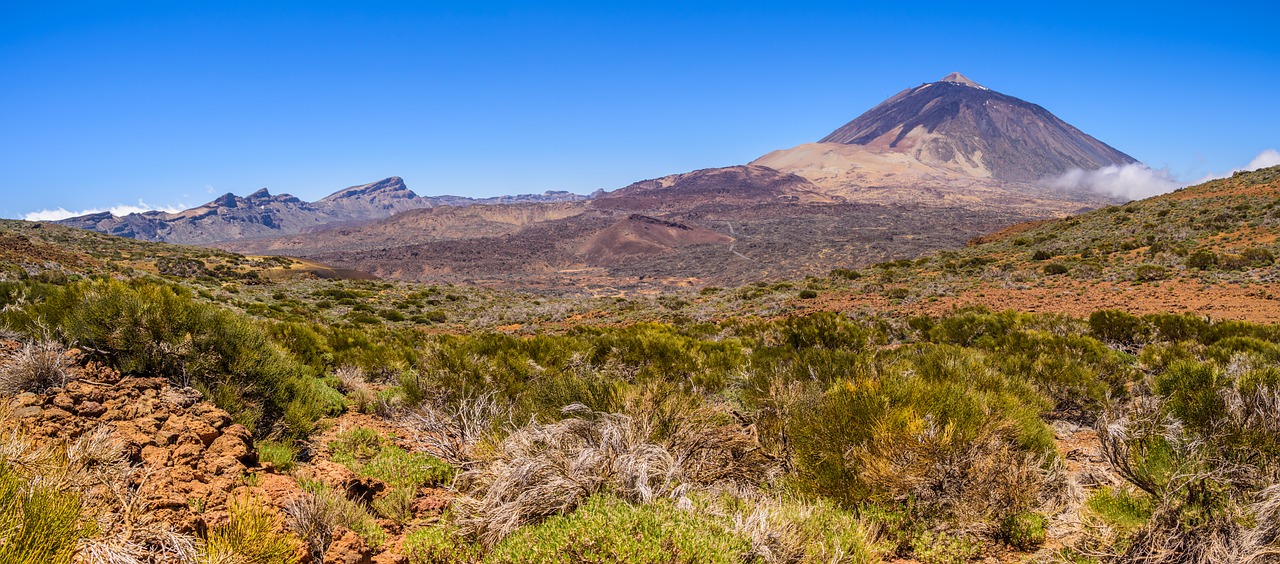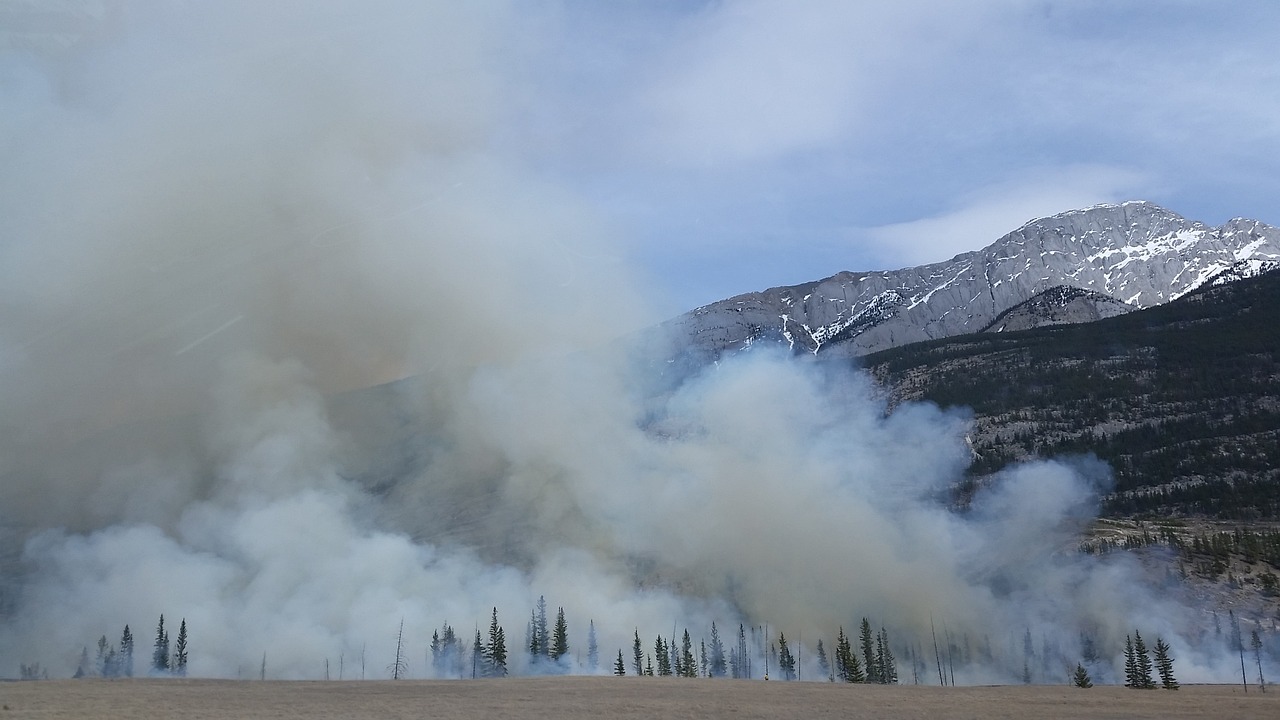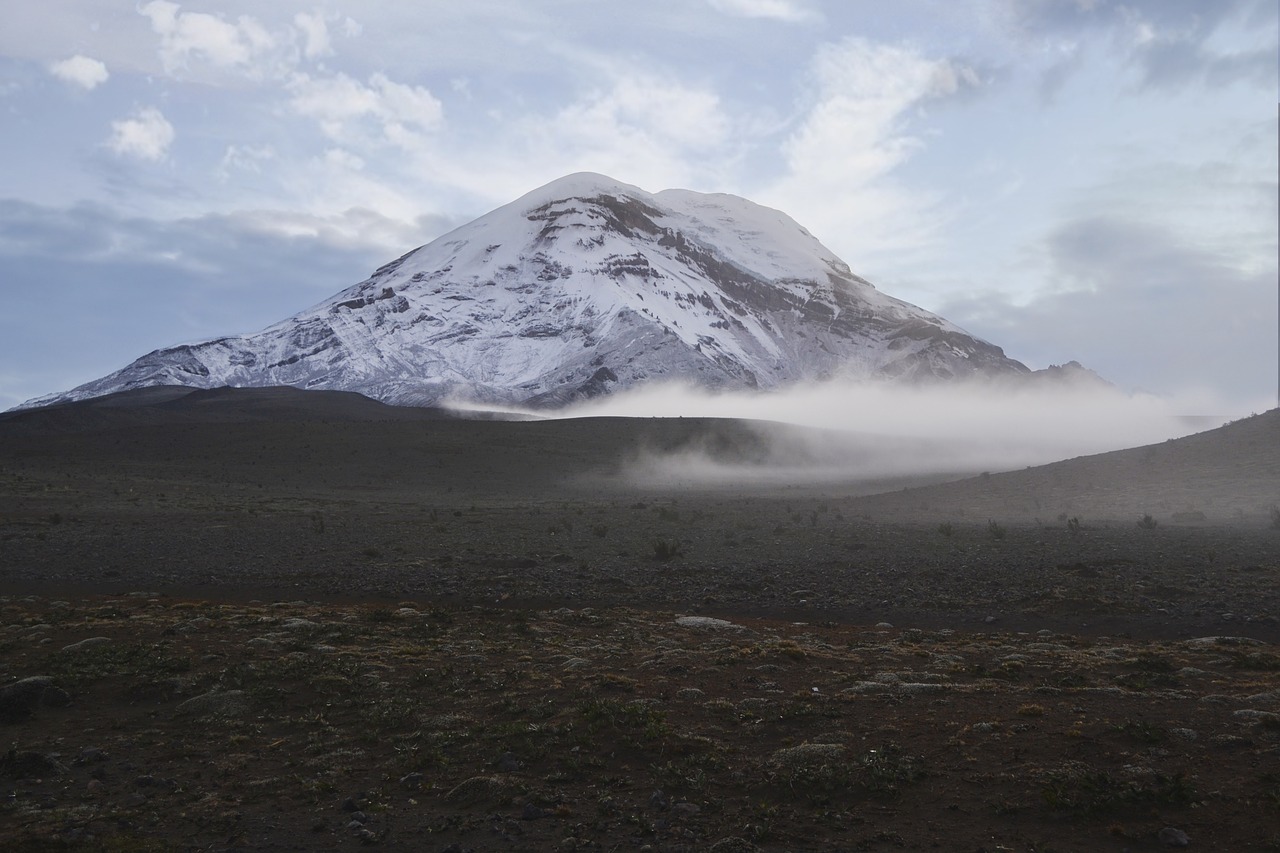News
- Details
- Category: New Publication
It has been determined that mountain catchements are very sensible to temperature changes, this is why climate change can have drastical impacts on the hydrological cycle. It can therefore be stated that climate change is likely to impact the seasonality and generation processes of floods, which has direct implications for flood risk assessment, design flood estimation, and hydropower production management. This indicates the importance of up to date and accurate hydrological modeling of high mountain basins, by taking into account the quantification of snow accumulation in winter and snowmelt in spring.
- Details
- Category: MRI News
Taking place in San Francisco 9-13 December 2019, the AGU Fall Meeting 2019 will bring together geoscientists from all over the world to draw inspiration from each other and show how earth and space science enables a more resilient and sustainable future for all. There are a number of exciting, mountain-related sessions – including two convened by the MRI. Abstract submission is now open and the deadline for all submissions is Wednesday 31 July.
GC056 - Mountain Weather and Climate in a Warmer World (Session ID: 79388)
Conveners: Aino Kulonen (MRI), Nicholas C. Pepin (Univ Portsmouth), Connie Millar (USDA Forest Service), & Mathias F Vuille (University at Albany, State University of New York, MRI SLC member).
Increasing evidence shows that mountains worldwide are experiencing particularly rapid environmental change. Warming rates are often elevation-dependent, and sometimes faster at higher elevations. This session seeks to better understand weather/climate processes and patterns of climate change in mountains, as well as their implications for high-elevations and regions downstream. The Mountain Research Initiative invites submissions which use in situ observations and/or remote sensing and/or modelling approaches. We particularly encourage contributions that merge various data sources and/or cross disciplinary borders (atmospheric, hydrological, cryospheric, and ecological sciences), and meta-studies comparing mountain regions or taking a global perspective.
- Details
- Category: MRI News
Together with our program partners, University of Zurich, Helvetas, and ICIMOD, the MRI is very pleased to announce the six participants selected from among almost 100 applications received for our Mentoring and Training Program in IPCC Processes for Early Career Mountain Researchers – an initiative supported by the Swiss Agency for Development and Cooperation (SDC). Thank you all for your interest in and support for this program.
The program specifically targets early career researchers with outstanding academic credentials and a research focus on climate change and mountains. The program aims to support their professional development through mentoring and training over the course of the next three years, strengthening their expert contributions on mountains and climate change and enhancing their eligibility to participate as authors in future regional and global assessments for science-policy processes, such as the Intergovernmental Panel on Climate Change (IPCC).
- Details
- Category: Scholarship Opportunity
With the generous sponsorship of the European Geosciences Union (EGU), the World Data System of the International Science Council is delighted to offer a Research Data Management Training Workshop aimed at early career researchers and scientists. Application closes 12 August 2019.
The management and curation of research data is a very timely topic. All researchers rely on data they have themselves collected or that are the outputs of previous studies. Moreover, researchers are increasingly required to organize the long-term storage and access of the data used to obtain their results. As such, data training is highly relevant to budding scientists as they embark on their careers.
- Details
- Category: New Publication
During the last decades, ecosystems have suffered a decline in natural resources due to climate change and anthropogenic pressure. This work proposes a methodological framework to monitor the changes produced in this protected area using multi-source remote sensing imagery.
Ecosystems are exposed to high pressure due to intensification of agricultural land use, tourism, development, and climate change, being highly dynamic in space and time. Specifically, climate change is producing important variations in entire communities in those areas where it manifests most intensely, such as regions at greater latitude and areas of higher altitude. Thus, ecosystem deterioration has a strong negative impact in the local biodiversity and might put rare and threatened species at a serious extinction risk.
- Details
- Category: Global News
In May, the UN Office for Disaster Risk Reduction published its Global Assessment Report on Disaster Risk Reduction 2019. This comprehensive analysis of disaster risk and risk management highlighted how threats such as air pollution, diseases, earthquakes, drought, and climate change can feed off each other, exacerbating the impact on human health and the environment. But what does this report mean for mountains? To find out, we spoke to disaster risk researcher and MRI SLC member Prof. Irasema Alcántara-Ayala.
Every two years, the UN Office for Disaster Risk Reduction (UNDRR) undertakes a global assessment of disaster risk reduction, highlighting emerging trends, revealing disturbing patterns, examining behaviour, and presenting progress in risk reduction. The results of this assessment form the basis of the Global Assessment Report on Disaster Risk Reduction, the aim of which is to focus international attention on the issue of disaster risk and encourage political and economic support for disaster risk reduction.
- Details
- Category: New Publication
Mountain ecosystems and the human communities that inhabit them deliver critical resources — such as fresh water and timber — to over half the planet's human population. Despite their importance, there has been no global assessment of threats to mountain systems, even as they face unprecedented challenges to their sustainability. With survey data from 57 mountain sites worldwide, a new publication tests our understanding of the types of stresses that are threatening mountain systems, as well as the resources and benefits that come from mountains.
The ideas presented in this paper were first developed at a workshop supported by the Mountain Research Initiative.
- Details
- Category: MRI News
A new and exciting Cluster of Cooperation in the Global South (CLOC) has been funded by the swissuniversities Development and Cooperation Network (SUDAC), which brings together a wide range of interdisciplinary expertise from Switzerland and Latin America. The CLOC Conéctate-A+ (which translates as 'connect yourself to the Andes+ region') aims to set up a hub in the Tropical Andes and Central America region (Andes+), to address research on and for sustainable development and global change. The MRI, in collaboration with CONDESAN and the University of Zurich as CLOC Co-Heads, is coordinating this novel interregional exchange.
Achieving sustainable development in Latin America, and specifically in the Andes+ region, continues to be a major challenge. Although some progress has been made towards an adequate understanding of the barriers that impede progress towards this goal, the advances have been more thematically driven than with an integrated approach; there have been collaborative efforts of existing networks, particularly from research and practice in mountains focused on socio-ecological variables of sustainable development. However, it has been difficult to define a strategic research or teaching agenda for the region in order to contribute to this purpose.














